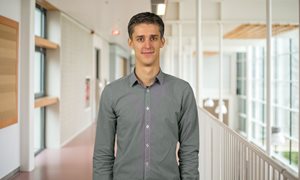14 December 2017
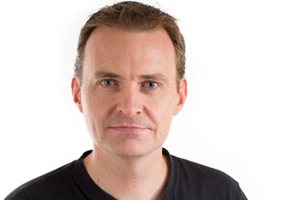
The self-learning computers use so-called deep learning neural networks, and they have become extremely good in systematically plowing through large quantities of images in order to organize them, to classify them and to find deviations in the data. On the basis of large amounts of training data, the system can thus arrive at decisions or new insights. That is why networks that work with images are being used more and more, in various areas from exposing imitations of artworks to self-driving cars and face recognition for security purposes. And certainly also in health care, where doctors were always those who went looking for abnormalities, e.g., by the radiologist, under a microscope by a pathologist or with the naked eye by a dermatologist.
Read the complete Volkskrant article (in Dutch) >>
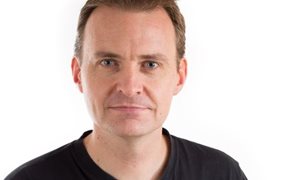 Everywhere where people look at photos, you can also use computers, says Bram van Ginneken (theme Rare Cancers) in the Volkskrant of 2 December 2017. Gradually computers can be trained to recognize diseases as cancer or tuberculosis with performance similar to doctors - or better. But these computer programs are not yet widely used.
Everywhere where people look at photos, you can also use computers, says Bram van Ginneken (theme Rare Cancers) in the Volkskrant of 2 December 2017. Gradually computers can be trained to recognize diseases as cancer or tuberculosis with performance similar to doctors - or better. But these computer programs are not yet widely used.
The self-learning computers use so-called deep learning neural networks, and they have become extremely good in systematically plowing through large quantities of images in order to organize them, to classify them and to find deviations in the data. On the basis of large amounts of training data, the system can thus arrive at decisions or new insights. That is why networks that work with images are being used more and more, in various areas from exposing imitations of artworks to self-driving cars and face recognition for security purposes. And certainly also in health care, where doctors were always those who went looking for abnormalities, e.g., by the radiologist, under a microscope by a pathologist or with the naked eye by a dermatologist.
Read the complete Volkskrant article (in Dutch) >>
Related news items
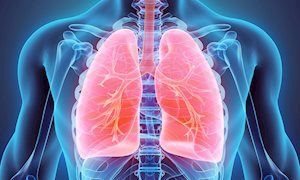
KWF grant for better selection of individuals and lung nodules in lung cancer screening
1 November 2021 The Dutch Cancer Society has awarded the consortium project ‘Multi-source data approach for Personalized Outcome Prediction in lung cancer screening’ with a grant of 1,425,000 Euro. Colin Jacobs will lead the work package on using artificial intelligence for accurate risk estimation of lung nodules. go to page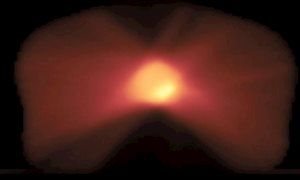
Radiation boost lowers risk of prostate cancer recurrence
21 January 2021 An additional external-beam radiation dose delivered directly to the tumor can benefit the prospects of men with non-metastatic prostate cancer, without causing additional side effects. The risk of relapse within five years for these men is smaller than for men who did not receive this boost. go to page
Evaluation of an AI system for detection of COVID-19 on Chest X-Ray images
22 May 2020 In the journal Radiology researchers from Radboudumc, Bernhoven Hospital and Jeroen Bosch Hospital described how an artificial intelligence system (CAD4COVID-XRay) can identify characteristics of COVID-19 on chest x-rays with performance comparable to six independent radiologists. go to page
Is Google's lung cancer AI ready for implementation?
19 December 2019 In Nature Reviews Clinical Oncology, Colin Jacobs and Bram van Ginneken discussed the recent paper by Google AI in Nature Medicine on deep learning models for automatic detection of lung cancer from computed tomography. go to page
Awarded KWF grants for Radboudumc researchers
18 December 2019 KWF is investing 2.7 million euros in five different studies at Radboudumc. The awards are part of the new round of funding by DCS, in which over 34 million euros will be granted to Dutch cancer research. We congratulate our researchers with this funding and wish them success with their great work. go to page